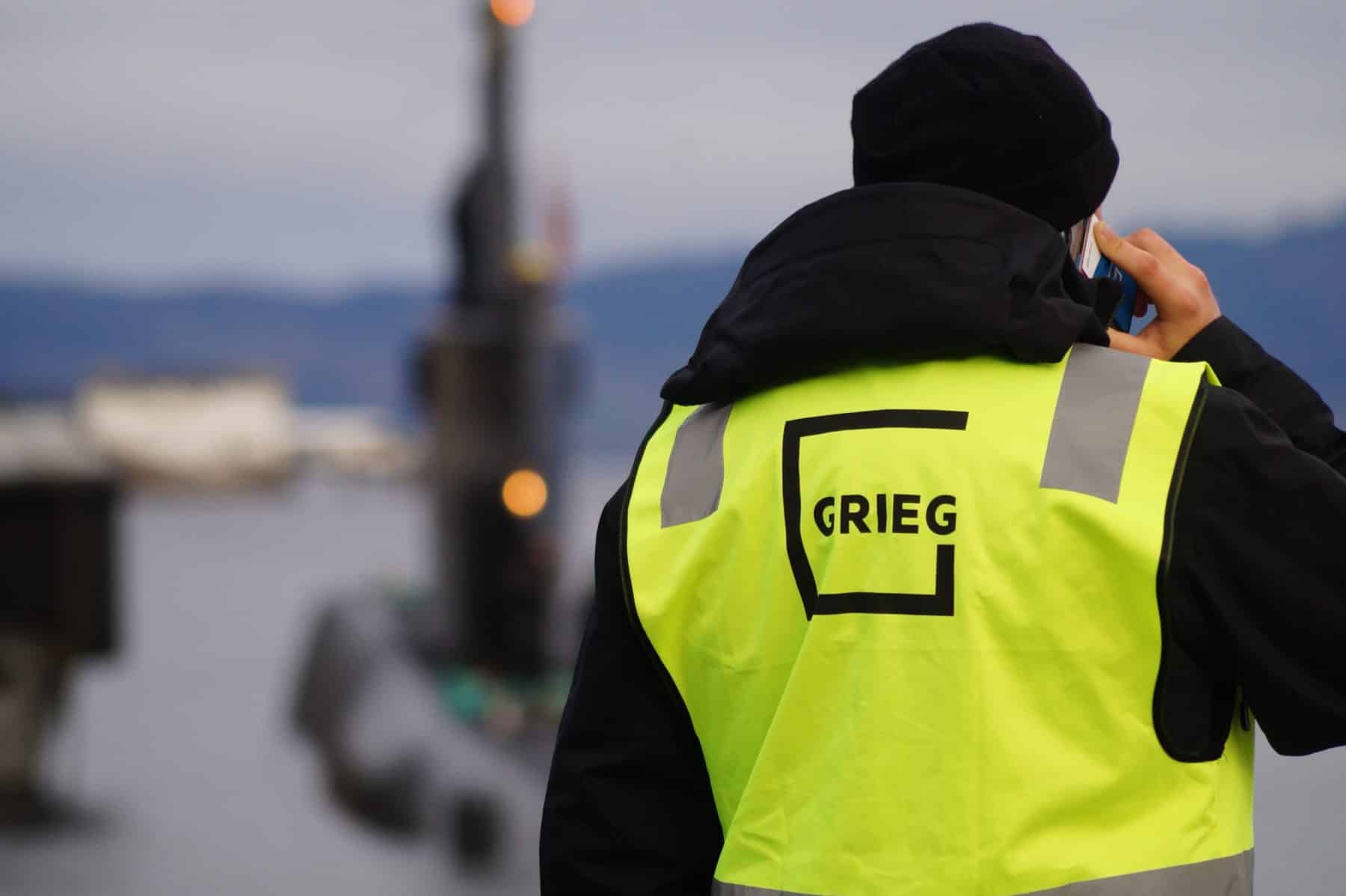In addition, you can find information regarding our suppliers’ mapping and how we conduct our due diligence in our Factlines profile.
If you have any questions related to our work on human rights, don’t hesitate to get in touch with us at transparency@griegmaritime.com
To report breaches or suspected breaches of human rights, laws and regulations involving Grieg Maritime Group or any of its subsidiaries, please use the independent whistleblowing channel managed by the investigation unit at the advisory and auditing firm Ernst & Young AS. You can report anonymously or by name. Click the link below. If you prefer to report by phone or post please use the following details:
Phone number: +47 24 00 20 14
(in service Monday through Friday from 8 a.m. to 4 p.m.).
Post Address: EY Att: Forensics, Oslo Atrium P.O. Box 1156 Sentrum NO-0107
